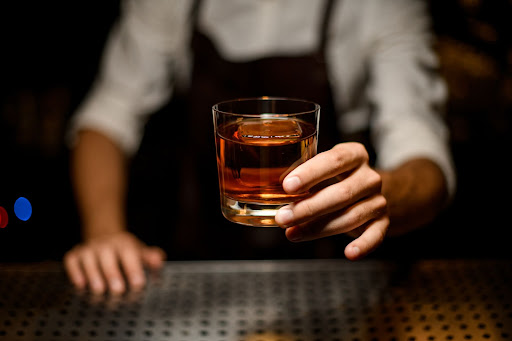I was hit by a drunk driver. Can I sue the bar that served them for premises liability?
Premises Liability - July 18, 2023
If you suffered an injury after being hit by a drunk driver, you’re probably anxious to hold them accountable. It might surprise you to learn that under Illinois dram shop liability laws, you may be able to pursue legal action against the bar that served them.
An experienced Chicago premises liability lawyer can utilize Illinois dram shop law to maximize your financial compensation and bring all parties that contributed to your injuries to justice.

Illinois dram shop laws
The Illinois Liquor Control Commission is responsible for overseeing the Liquor Control Act, also commonly known as the Dram Shop Act. Here, establishments that over-serve or sell alcohol to someone who is already intoxicated can be held accountable when the drunk driver goes on to cause severe bodily injury or death in a collision.
Under Illinois dram shop liability laws, there is no requirement that the establishment, servers, or social hosts know that the individual was impaired when selling to them. As long as the vendor provided alcohol to the drunk driver, they can share liability for the victim’s damages.
That being said, licensed distributors or brewers whose only connection with the sale of alcohol is to provide or maintain equipment used for dispensing or cooling the beer cannot be held liable for injuries or deaths.
Can a bar be held liable for a drunk driver?
First-party dram shop cases occur when the injury victim is the one who was sold or served alcohol. These are more challenging, as juries often believe victims should be held accountable for their actions. For example, if you were out drinking at a nightclub, attempted to drive yourself home, and were injured in a car crash, it is difficult to imagine a jury would return a verdict in your favor or against the dram shop.
However, first-party dram shop cases are most common when minors are under the influence of alcohol. When an establishment serves or sells alcohol to a minor, they are more likely to be held accountable for any injuries or damages the minor causes.
What is a third-party dram shop liability claim?
Third-party liability dram shop cases occur when the injury victim in the case was anyone other than the drunk driver. For example, if an adult was drinking at a local bar, attempted to drive home, and caused a severe accident, the victims in the case may have the option of filing a third-party trim shop liability lawsuit.
For third-party liability claims to be successful, your personal injury attorney must provide evidence that shows the vendor or dram shop establishment served alcohol to the defendant. If suite staff, servers, bartenders, or other parties continually served alcohol to the defendant, they should have known or knew that they were intoxicated. When this happens, these establishments can be held accountable and be compelled to compensate victims for their damages accordingly.
Illinois dram shop liability considerations
In the Dram Shop Act, there are certain provisions that could have an impact on the outcome of your case. One of the most notable involves incidents that occur across state lines.
For instance, if someone was drinking at a bar in Kentucky and drove across the border into Illinois, the Kentucky establishment that sold or served alcohol to the defendant could be held accountable for their damages.
Get help from a Chicago premises liability lawyer today
The Illinois Dram Shop Act makes it possible for you to pursue legal action against bars that sell liquor, social hosts, and other relevant parties that over-served or sold alcohol to the drunk driver that hit you. This gives you an increased opportunity of recovering your damages in full.
Find out if dram shop liability laws apply in your case, and if so, what your next steps should be when you reach out to a reputable Chicago premises liability lawyer from Horwitz, Horwitz & Associates. Complete our secured contact form or call us at (800) 985-1819 to schedule your free, no-obligation consultation as soon as today.


